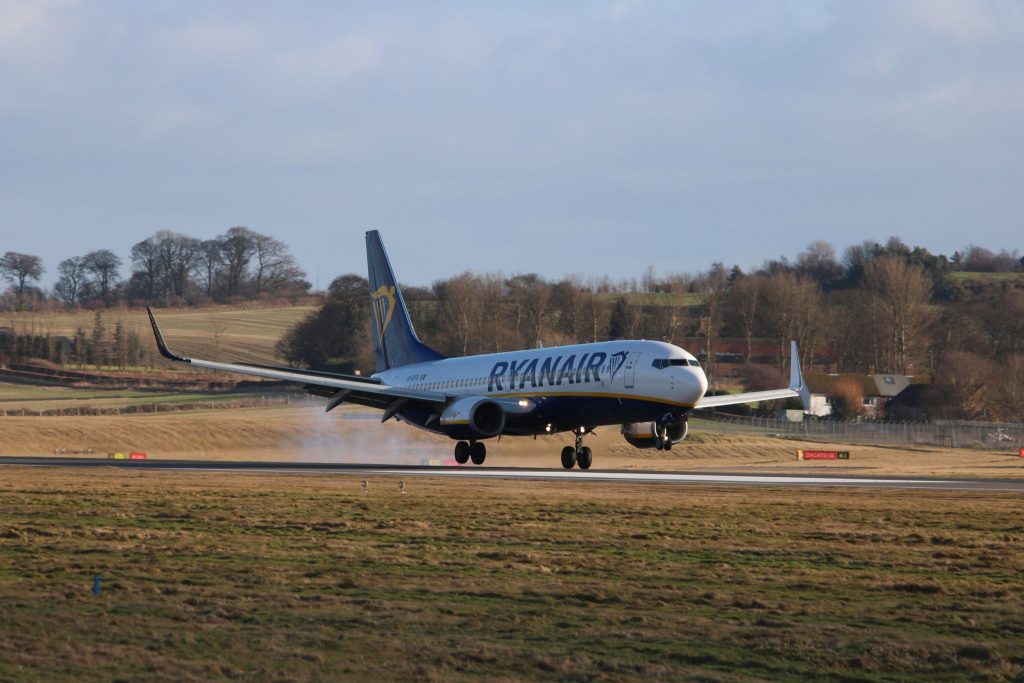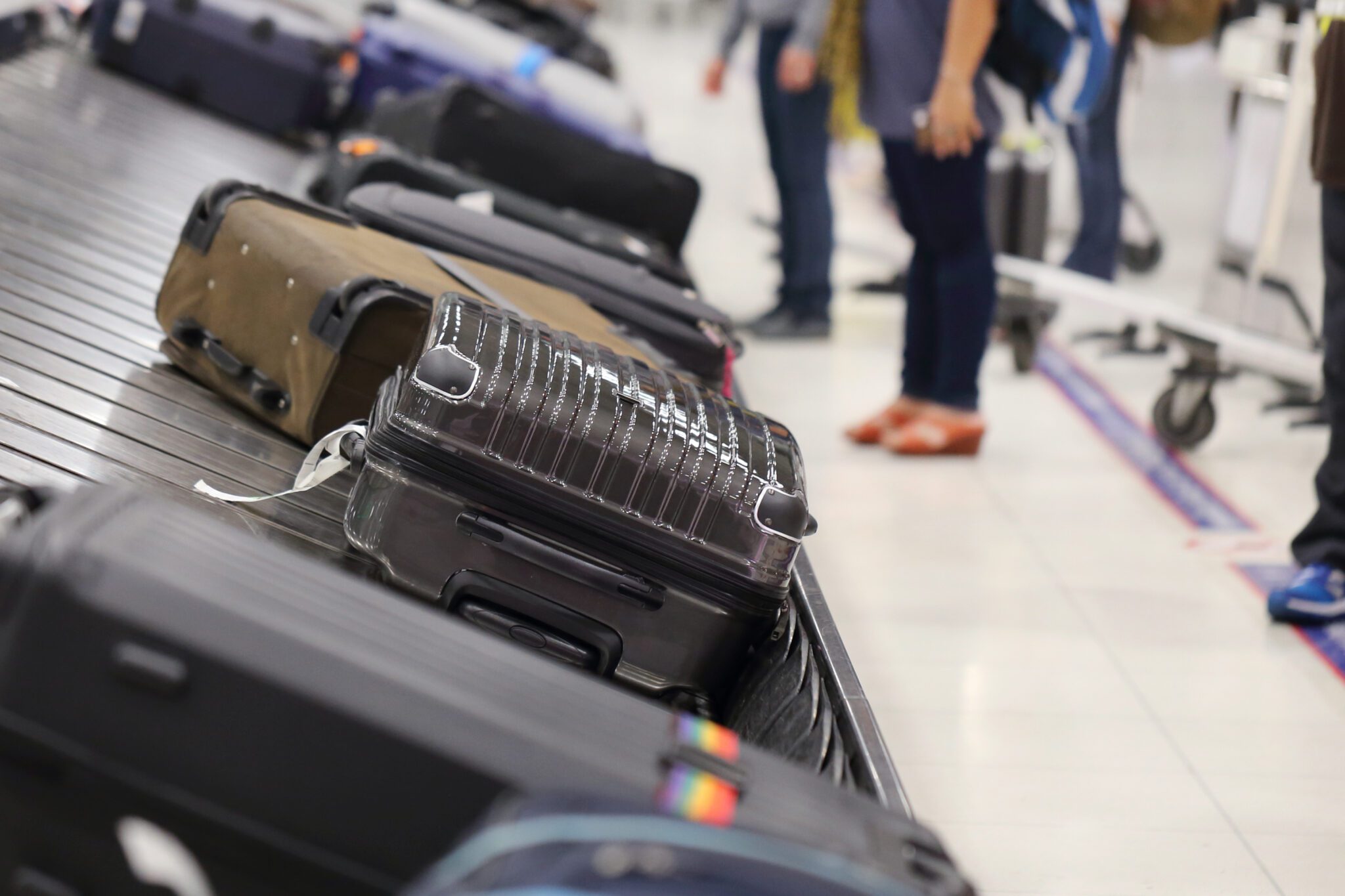Ryanair Downplays Long-Term Impact of Coronavirus Outbreak

Skift Take
The coronavirus outbreak continues to have a devastating effect on the Chinese travel market with tourism companies exposed to the region suffering already. But there's always a flipside. Businesses that focus elsewhere will have an easier time.
Europe's largest low-cost carrier Ryanair might end up being one such beneficiary.
"Longer term, we don't think the coronavirus will have any impact whatsoever. Our experience of the SARS and the avian bird flu five, six years ago, was that actually it was mildly good for the short-haul business here in Europe," Ryanair Group CEO Michael O'Leary told analysts on an earnings call on Monday.
"More people were likely to holiday in Europe rather than traveling long haul to Asia, et cetera, and we think that will play out again."
Travel data company ForwardKeys said the coronavirus had "caused a substantial setback in flight bookings for the Chinese New Year period," which runs between January 10 and February 6. Airlines across the world have suspended flights to China to try and contain the spread of the virus.
As well as subdued long-haul demand, Ryanair might also be the beneficiary of a drop in the price of oil.
Join Us at Skift Forum Europe in Madrid on March 24–25
So far the outbreak has killed 361 people with the number infected passing 17,200. Last week the World Health Organization declared a public health emergency.
The short-term impact of the coronavirus is more uncertain, O'Leary said, given that there is a risk it could spread to Europe. So far there have only been a small number of confirmed cases across Europe.
Third Quarter Results
The three months to the end of December proved to be a good end to the year for Ryanair with a number of key metrics heading in the right direction.
Revenue increased 21 percent to $2.1 billion (€1.9 billion) with passenger numbers up 6 percent to 35.9 million. The airline's load factor rose 1 percentage point to 96 percent.
All these improvements helped Ryanair swing from a pre-tax loss of $92.5 million (€83.6 million) to a profit of $90.3 million (€81.6 million).
While the overall financials look pretty good, the airline faces a couple of big challenges. The first is the continued delay in delivery of the Boeing 737 Max, which remains grounded after two fatal crashes.
Ryanair now doesn't expect to get hold of any aircraft until September or October, well after the summer peak flying period. Because of the delay, the carrier has pushed back its ambitious 200 million passenger per annum target to 2025 or 2026.
Another challenge is the performance of Central European subsidiary Lauda. The airline continues to find life tough in the face of intense competition in Germany and Austria from the likes of Lufthansa.
Register now for Skift Forum Europe in Madrid on March 24–25




